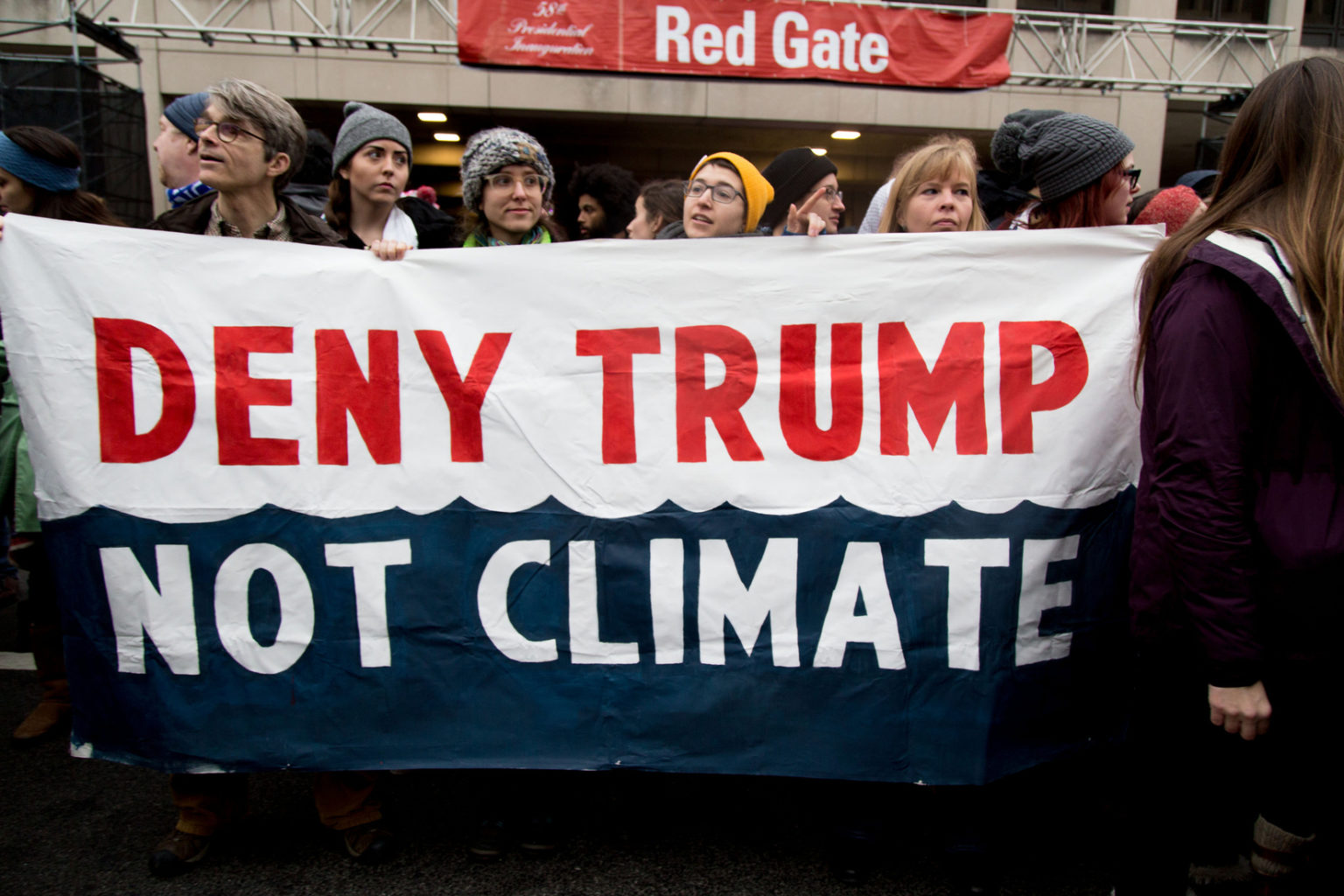This is a guest editorial by Richard Ottinger
Stopping the Trump climate-denying campaign and appointments is critical to the future of our children and grandchildren and of life on the planet. Furthermore, it makes no business sense nor does it comport with Republicans’ proclaimed conservatism.
I congratulate DeSmog for revealing and taking on the prospective appointment of climate denier and oil lobbyist Mike Cantanzaro as chief energy adviser, to be joined by climate denier and oil lobbyist Scott Pruitt to head EPA.
As an experienced businessman, the President must know that, as a matter of sound business risk management, proclaimed uncertainty about a huge business risk such as that posed by climate change calls for action to protect against such a risk, not inaction ignoring the risk.
The top energy and policy makers from prior Republican administrations starting with President Reagan recognized this in their recently released statement supporting a revenue-neutral carbon tax that would return hundreds of millions of dollars to middle class families and could finance President Trump’s ambitious job-creating infrastructure proposals.
97 percent of the world’s top climate scientists have demonstrated the extreme dangers of unmitigated climate change. If the 3 percent of science deniers and doubters turn out to be right, hoorah! But if they are wrong, they are condemning our children and grandchildren to become endangered species. And climate science aside, tackling the causes of climate change would relieve the health hazards and costs from air, water, and toxic pollution.
Also, it is highly irresponsible for the United States to renege on the Paris climate change mitigation agreement commitments, agreed to remarkably by all of the world’s countries, including the United States. If the U.S. withdraws, it imposes on the rest of the world’s countries the costs of U.S. climate control failures.
Surely there must be enough members of Congress who, despite the billions of dollars of oil money being poured into elections, care enough about the future of their families and life on Earth to insist on sound, conservative protections of their constituents and their own families from the high likelihood of climate damages, and to reject the compromised candidates being proposed.
Richard Ottinger is Dean Emeritus of Pace University School of Law, and a lifelong advocate on energy and climate issues. He served as a Member of Congress from New York 1964-70, 1974-84, and Chair of the House Commerce Subcommittee on Energy Conservation and Power. He currently is Co-Chair of the IUCN Energy and Climate Specialty Group of its World Commission on Environmental Law; Founder and Chair Emeritus of the Environmental Study Institute; and Chair of the Pace University Energy and Climate Center.
Main image: Protesters call for climate justice and resistance to President Donald Trump on Inauguration Day. Credit: Julia DeSantis, CC BY 2.0
Subscribe to our newsletter
Stay up to date with DeSmog news and alerts






